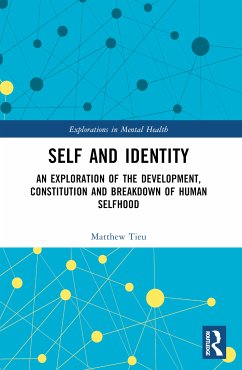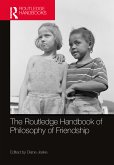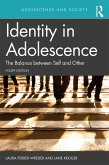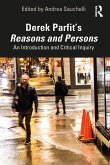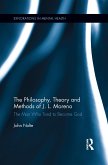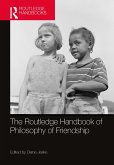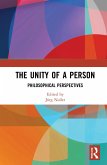What is a self? What does it mean to have selfhood? What is the relationship between selfhood and identity? These are puzzling questions that philosophers, psychologists, social scientists, and many other researchers often grapple with.
Self and Identity is a book that explores and brings together relevant ideas on selfhood and identity, while also helping to clarify some important and long standing scientific and philosophical debates. It will enable readers to understand the difference between selves in humans and other animals, and the different selves that we come to possess from when we are born to when we become old. It also explains how and why the self might break down due to mental illness, thereby providing insight into how we might treat illnesses such as dementia and depression, both of which are conditions that fundamentally affect our selfhood.
Taking an important step towards clarifying our understanding of human selfhood and applying it to mental illness, this book will be of great interest to researchers and postgraduate students exploring philosophical questions of selfhood, as well as those examining the connection to clinical disorders.
Self and Identity is a book that explores and brings together relevant ideas on selfhood and identity, while also helping to clarify some important and long standing scientific and philosophical debates. It will enable readers to understand the difference between selves in humans and other animals, and the different selves that we come to possess from when we are born to when we become old. It also explains how and why the self might break down due to mental illness, thereby providing insight into how we might treat illnesses such as dementia and depression, both of which are conditions that fundamentally affect our selfhood.
Taking an important step towards clarifying our understanding of human selfhood and applying it to mental illness, this book will be of great interest to researchers and postgraduate students exploring philosophical questions of selfhood, as well as those examining the connection to clinical disorders.

